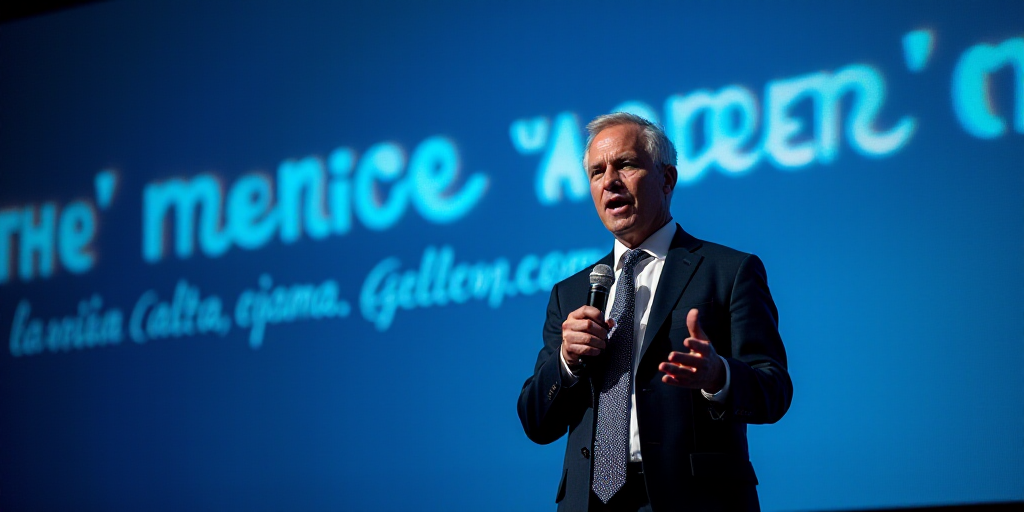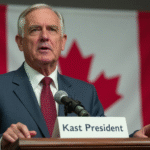Background on Key Figures and Relevance
The truck assembly sector in Mexico is poised for growth due to proposed tariffs on Chinese vehicle imports, according to industry leaders. This development is expected to stimulate nearshoring in Mexico, allowing original equipment manufacturers (OEMs) to increase local content and deepen integration into the USMCA (United States, Mexico, Canada Agreement).
Raúl García, Operations Director at Mercedes-Benz Autobuses in Mexico, dismissed the notion that nearshoring would decline amid global tariff uncertainty. While there is caution among investors, he affirmed that nearshoring would continue to grow in Mexico.
Mercedes-Benz has a network of 70 national suppliers, and the company is part of alliances to create jobs. García emphasized that as Chinese-made products face substitution, demand for locally produced components will rise, driving further investments in technology.
Government Initiatives and Industry Response
Under Plan México, the government of Claudia Sheinbaum has identified opportunities to foster nearshoring, such as imposing tariffs on dumping products from Asia that create unfair competition.
In response, García highlighted Mercedes-Benz’s commitment to national suppliers and the need for public policies that support local providers. Elizabeth Gallardo, Government Relations Director at PACCAR (owners of Kenworth and DAF), echoed the importance of nearshoring for their US-based company, strengthened by their Norteamerican subsidiaries.
Mexico has become a strategic hub in Norteamérica, with 90% of its trucks exported to the US. Valeria Moy, General Director of the Instituto Mexicano para la Competitividad (IMCO), stressed that nearshoring can drive inclusive and sustainable growth if infrastructure in energy, water, and logistical connectivity is improved.
Future Prospects and Challenges
García stressed the necessity of maintaining leadership over Asian competition through a robust network of distributors, after-sales service, in-house financing, and digital solutions.
For autonomous mobility and advanced technologies, Mexico must enhance its road and regulatory infrastructure, as current limitations hinder their adoption.
Key Questions and Answers
- What is nearshoring and why is it important in the Mexican truck assembly sector? Nearshoring refers to the practice of relocating business processes to neighboring countries, in this case, Mexico. It is crucial for the truck assembly sector as it allows OEMs to increase local content, deepen integration into trade agreements like the USMCA, and foster growth in technology and infrastructure.
- How will the proposed tariffs on Chinese vehicle imports impact nearshoring in Mexico? The tariffs are expected to stimulate nearshoring by encouraging substitution of Chinese components with locally produced ones, thereby increasing demand for local production and driving further investments in technology.
- What role do government initiatives and public policies play in fostering nearshoring? Government initiatives, such as imposing tariffs on unfair competition, along with public policies that support local suppliers, are essential for promoting nearshoring and ensuring sustainable growth in the truck assembly sector.
- What challenges does Mexico face in adopting advanced mobility technologies? Despite the growth potential in nearshoring, Mexico must improve its road and regulatory infrastructure to overcome current limitations hindering the adoption of autonomous mobility and advanced technologies.






